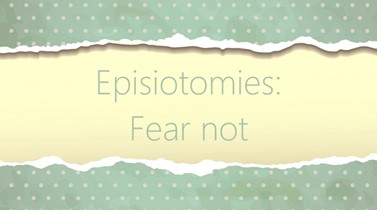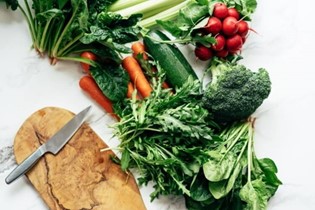12 foods with the power to fight & prevent disease
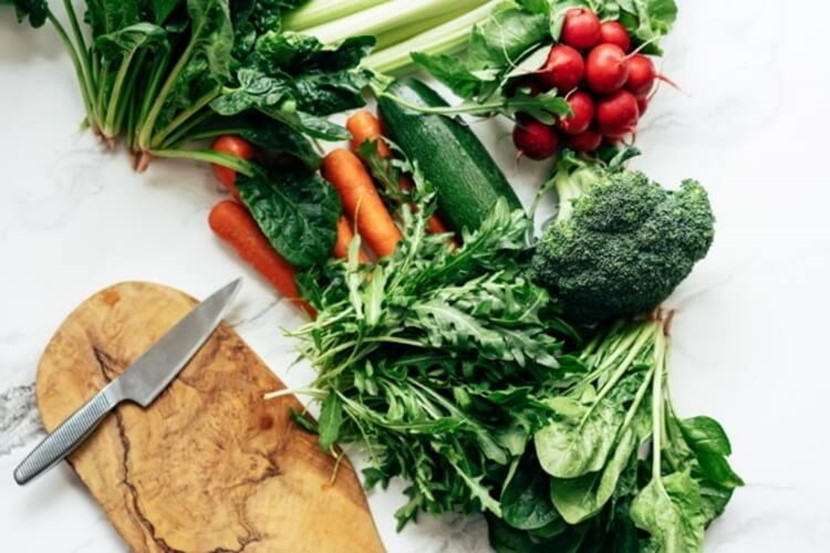
OHbaby! nutritionist Anna Hansen serves up good news — food has the power to fight and prevent disease.
Food has been designed with the purpose of nourishing our bodies. It makes sense that food in its unaltered state is in the ideal position to do its job well. A good question to ask: is this food I’m eating as close to its natural form as possible? If the answer is yes, you're on track to good nutrition.
When we nourish ourselves with whole foods, we are also giving our bodies the best chance to function well and fight disease. I have had three babies, and each time I found the experience incredibly taxing on my body and mind, as well as my emotions. One thing we can do to care for ourselves as mums, is to get the most nutrients into our bodies as possible in order to stay well - physically, emotionally and mentally.
There are so many lifestyle diets out there: paleo, raw, vegan, low carb... Research tells us that the effectiveness of these eating plans simply comes down to the fact that they are based on whole foods, a high percentage of which come from plants. Any plant-based food will have a range of health-giving properties. There are no magical foods, just huge advantages to eating a host of different foods that work together to keep us healthy. There is even mounting evidence that food is one of the best tools we have to fight disease, including cancer. I could write a book on the goodness and benefits of ‘food fighters’ (especially plant foods), but here I’ll just touch on a few – many of which you probably already have in your kitchen.
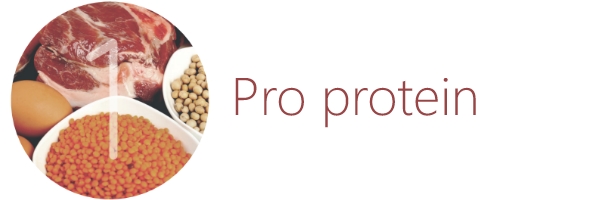
You are doing yourself a huge favour by minimising fried foods and char-grilled meats, and reducing animal foods in your diet. When it comes to red meat, small quality cuts are best, and not every day. There are a host of alternative quality protein foods, such as nuts, seeds, eggs, organic chicken and fish, that all offer protective elements against disease. When it comes to protein, our bodies need it at most meals and variety is key.

Cruciferous vegetables (or vegetables in the Brassica family), include broccoli, cabbage, Brussels sprouts and cauliflower. Studies show that people who eat a variety of these vegetables have a lower rate of many cancers. This is due to the ability of sulforaphane (a molecule found in cruciferous vegetables) to help the body clear itself of carcinogens. Cruciferous vegetables also contain indoles, which both protect against cancer and help to stop it spreading. Broccoli has particularly potent anti-cancer properties (especially against breast and colon cancer) and the great news is that these effects do not change when it is cooked. It is super easy to steam a head of broccoli and add it as a side to most dinners. Brussels sprouts have also been shown to significantly minimise the spread of breast cancer.

Beta-carotene has been found to protect against some cancers, and also against heart disease. This compound is found in leafy dark green veggies, yellow and orange vegetables, and citrus fruit. It is, therefore, well worth eating five or more serves per day of fruit and vegetables in this category. Kale, spinach, silver beet, capsicums, carrots, kumara, oranges and mandarins all fit the bill. Both red capsicums and carrots are particularly high in beta-carotene. Raw carrots make a great snack, or add them to salads or stir-fries. Kids tend to gravitate toward this vegetable as it is sweeter than most. It's been found that the carotenes in red capsicums are more readily available to the body if the capsicums are cooked and eaten with a touch of oil.

Beetroot is one of my favourite vegetables for a host of reasons. One bonus is that it contains anthocyanins, which help prevent cancers. Try a simple, but delicious, salad of grated raw beetroot and carrots, or roast beetroot alongside other vegetables.

Green tea is my favourite drink as it has been found to protect against a range of cancers, including breast cancer. I recently stumbled across white tea, which is even higher in phytochemicals when compared to green tea as the processing is minimal. These are two teas worth incorporating into your day to promote health. On the other hand, research tells us that alcohol doesn’t do us many favours when it comes to keeping our bodies healthy. I would suggest this is best placed in the ‘occasional’ drinks category.

There is new research showing a link between insulin production and cancer. The key is to keep insulin production down, which is done by limiting sugary foods, starch and artificial ingredients. It appears important to avoid basing meals on refined carbohydrates, instead basing meals on plant-based foods. So, instead of a plateful of pasta with a touch of sauce, try grating courgette or carrot and lightly stir-frying it with a touch of garlic or ginger (both of which have potent anti-cancer properties). Then add the sauce on top.
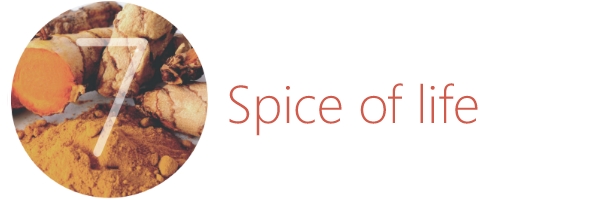
Turmeric is worth adding to as many dishes as you can —I even add half a teaspoon of this wonder spice to smoothies. It has powerful anti-inflammatory properties and is believed to help prevent colon cancer and inhibit the growth of other cancers, such as breast and prostate cancers.

Chicken is rich in selenium —an essential mineral shown to have anti-cancer properties but lacking in our diets. Soup or broth made with chicken bones stimulates the production of infection-fighting cells to enhance the body's immune system. Brazil nuts are also a great source of selenium, just one or two a day will provide your daily requirement.
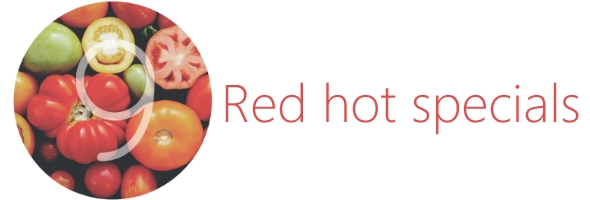
Tomato is another wonder food, thanks to lycopene — an antioxidant that protects against heart disease and prostate cancer. The redder the tomato, the more beneficial it will be. The tomato skin is particularly rich in nutrients and the lycopene in cooked tomatoes is better absorbed when eaten with a touch of oil. Tomato-based dishes, such as spaghetti bolognese, make great family meals that kids tend to enjoy too.
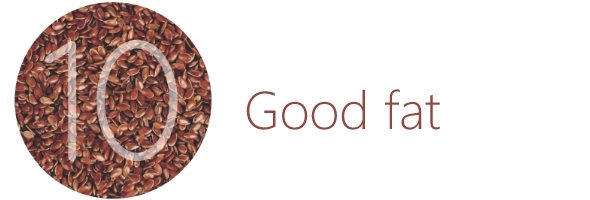
For optimum health we need to have adequate omega 3 fat in our diet, which is found in oily fish (such as salmon or sardines), flaxseeds, flaxseed oil, walnuts and evening primrose oil. Numerous studies highlight that regular intake of omega 3 fats protects against heart disease by reducing inflammation in the body, while also keeping the brain healthy. It’s worth taking a tablespoon or two of flaxseed oil daily, if you don't eat a lot of oily fish. Interestingly, studies have shown that organic chicken is richer in omega 3 fats than non organic.

The old saying makes sense when you look at the research in favour of the humble apple. Apples contain quercetin, a flavonoid which has both anti-inflammatory and anti-cancer properties. It’s well worth keeping the fruit bowl topped up with apples —the ideal snack for kids and busy mums.

Onions and garlic contain natural antibiotic properties, thanks to the sulphur compounds they contain. These compounds block the effect of carcinogens in the body.
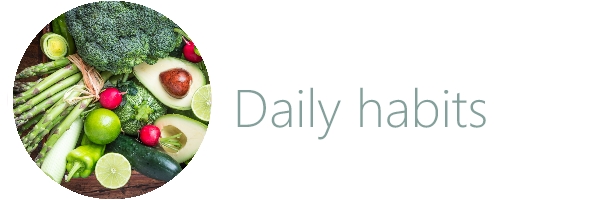
Eat a good variety of whole foods at every mealtime. Eat as few processed foods as possible. And remember - it’s what you do daily that is important, not what you do sometimes.
Anna Hansen (BSc, Human Nutrition and Psychology) is mum to three small kids and a nutritionist with a passion for showing women how easy it is to eat for health.
top image: @titovailona via Twenty20

AS FEATURED IN ISSUE 31 OF OHbaby! MAGAZINE. CHECK OUT OTHER ARTICLES IN THIS ISSUE BELOW


